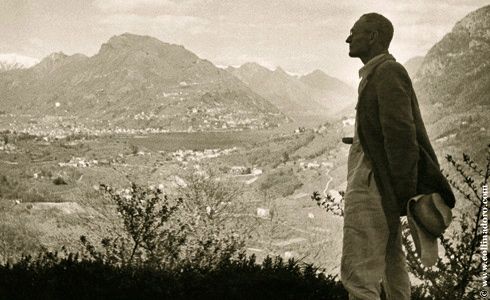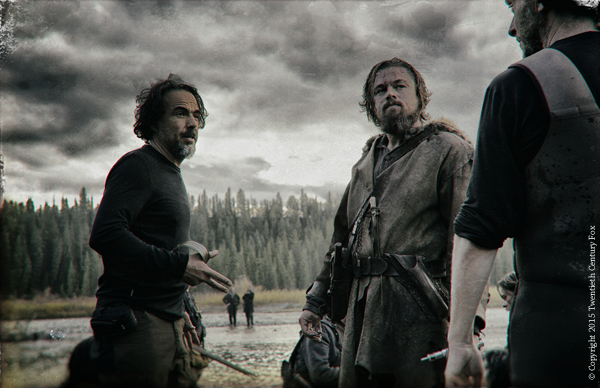Culture
Hermann Hesse: the wings of the idler
May 3rd, 2016

A bit overworked by the past few months learning code and web's customs, I recently felt in my favorite bookstore on the wise and calm book I needed : "L'art de l'oisiveté", from Hermann Hesse (which could be translated as "the art of idleness", but I couldn't find any english publishing available). His chronicles about culture, nature and travels echoe this blog with an amazing modernity.
Until now, Hermann Hesse meant to me "Steppenwolf" and "Siddhartha", two of my favorite books as a teenager. I remember used to underline almost every line. His existentialist reflections talked to me, they escorted my doubts with perfection.
Today (a few years later), I avoid dragging my doubts and discover "L'art de l'oisiveté", which is now responding to my actual concerns with the same accuracy and spirituality.
This book covers words, chronicles, letters, reflections on man's relations to nature, culture or travels. It is so modern, that it seems that nothing has changed under the sun (beside some toxic fine particles and a damaged ozone, the warming, hundreds of species disappearing, some minor events as you know…). Ok, but some texts are more than a hundred years old, most of them were written during the twenties.
So whether the guy was really ahead of its time, or we haven't made any progress for more than a century, and this makes me a bit angry.
Well, Hesse had definitely a reflection ahead, and whatever the time, humanity unfortunately doesn't move or change with books. The trend and the acceleration of scientific and technological advances are still current, but the nature and consequences of this progress have changed.
He regrets for example (…) that our smallest distractions are now affected by modern impatience
et invites to enjoy the modest pleasures of existence
. Basically : we should enjoy present time, be contemplative and open to every events, whether they are natural ou cultural.
We feel concerned when he makes fun of travelers or artists taking over a city or landscape ("so authentic!!!") and modeling it their way. He says, speaking of mountains, lakes and skies, that each of them is like us a part of a whole, a form that manifests an idea, we have to move among them, using our own capabilities and specific cultural and personal means, whether we are an artist, a naturalist or a philosopher. This is our deep soul, not only our physical body, that has to feel connected and integrated to the Whole
.
'Hare Krishna', are you saying. Yes, he also loved indian culture but no... We're also close to buddhism but this is more about the rise of a freedom linked to our belonging to nature : in every man sleeps the forgotten communion. He feels it just once again and he may laugh at the poet, the painter and the park ranger, widely open his senses and soul to the outside world and get fullfilled by the breath of creation
.
An this is my point : he preaches humility, the sense of the experience, the man as the animal in its natural environment, the way this blog is modestly trying to!
Even his words about music invoke nature and our personal experience, "Nuits d'insomnies" reconciles us with endless nights, and "Recueillement" is one of the most beautiful texts about being forty that I've been offered to read.
This essential work is full of universality. Nobel Prize for Literature in 1946, I think Hermann Hesse would have excelled in writing this blog !
PS: the title of this post sounds a bit like a good video game, don't you think ?



